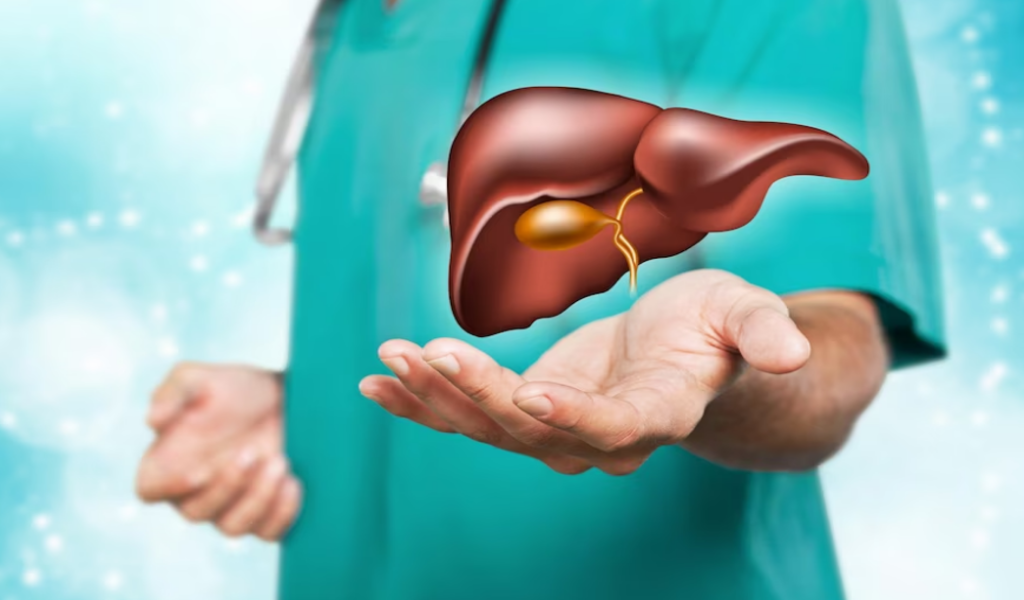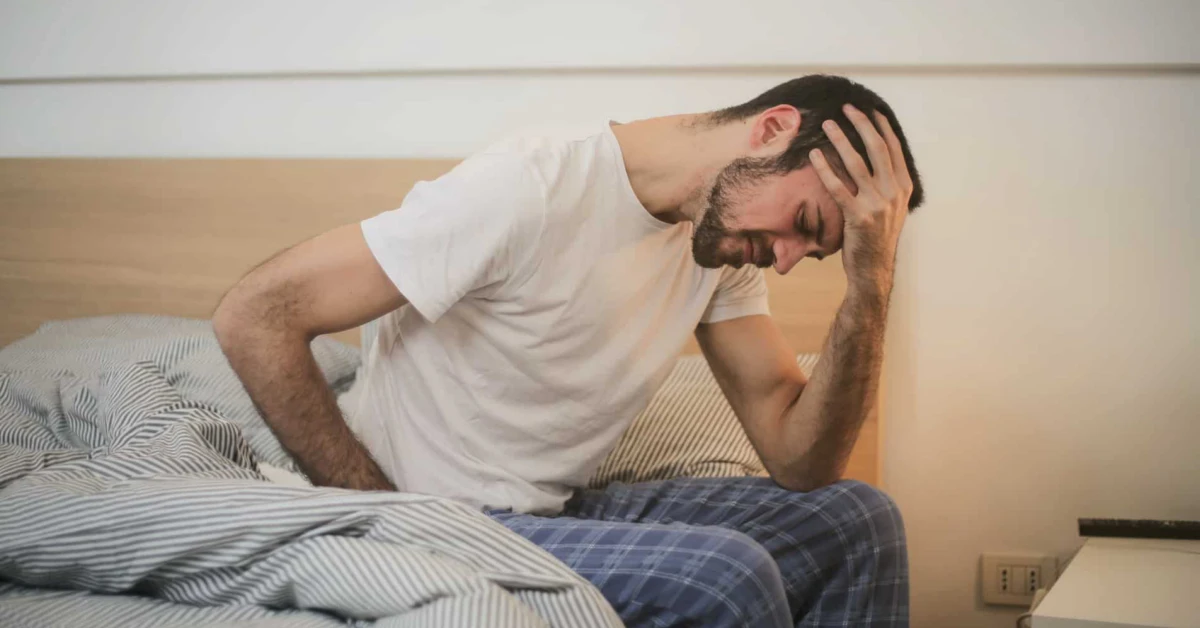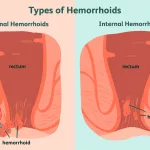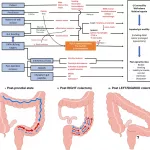Okay, so, you’ve had a few drinks. Maybe a lot. Maybe more than you meant to. Now you’re wondering, “How long does it take to sober up?” — and more importantly, how soon can you get back to life-as-usual?
Look, we’ve all been there. You enjoy a night out, lose track of how much you had, and wake up the next morning feeling like you’re not sure if you’re still under the influence or just paying for last night’s fun. But here’s the real tea: sobering up isn’t something your body can rush — no matter what you’ve heard about coffee, cold showers, or “sweating it out.”
So what should you actually do? Let’s break it down like we’re sitting over coffee (or tea, depending on how you’re feeling).
The Real Sober-Up Timeframe
Let’s be honest — nobody wants to wait around. But when it comes to sobering up, your liver is the only boss in charge. It processes alcohol at about one standard drink per hour, and no shortcut is going to change that.
But what exactly counts as a “standard drink”? Here’s a quick cheat sheet:
- Beer: 12 oz (~5% alcohol)
- Wine: 5 oz (~12% alcohol)
- Spirits: 1.5 oz (~40% alcohol)
Why does this matter? Because even if you’re sipping light beer, those 12 oz servings still add up. If you had more than one drink in that hour? Yep, you’re going to be waiting longer. And the more you drank, the longer your body takes to process it all.
Studies show that BAC drops consistently at a rate of about 0.015% per hour. So, if your BAC is 0.08% (legally impaired), you’re looking at about 5–6 hours before you’re fully sober again. And yes — even if you feel fine, that number may not have hit zero yet.
Some Variables Can Make You Wait Longer

Here’s the thing — not everyone processes alcohol the same way. The “how long does it take to sober up from alcohol” question really depends on a few key factors:
- Body weight – The more you weigh, the more alcohol you can dilute.
- Gender – Women tend to get intoxicated faster and sober up slower, thanks to differences in body composition and enzyme levels.
- Food – Had a big meal? Alcohol is absorbed slower when there’s food in your stomach.
- Meds – Mixing alcohol with medications can change how your body reacts.
- Liver health – If your liver’s overworked, it might take longer to process booze.
So, for example, a 150-pound person who had a couple of beers will sober up faster than someone who’s smaller, fasting, or has a slower liver metabolism. We all have a different clock — but it still ticks, hour by hour.
Does Water Sober You Up?
You’ve probably heard someone say, “Drink lots of water! It’ll sober you up!”
Okay, but does does water sober you up? Here’s the real deal:
Water won’t bring down your blood alcohol concentration (BAC) — your liver still has to metabolize all that booze. But staying hydrated does help reduce dehydration, which is one of the reasons hangovers hurt so bad. So yeah, drink water! Just don’t think it’s going to sober you up in a flash. It’s a support act, not the main show.
And coffee? Unfortunately, that little jolt might make you feel more alert, but it’s not sobering up your blood. And caffeine can actually make dehydration worse. So proceed with caution.
What About Those “Sober Up Quickly” Myths?
We’ve all heard ’em. Ice baths, working out, chugging fruit juice. But do any of these actually help you sober up quickly?
Short answer: Nope.
Your body doesn’t care if you take a cold shower or down a gallon of Gatorade — if your BAC is still high, you’re not sober, regardless of how you’re feeling. According to MedicineNet, methods like exercise or caffeine might make your head feel clearer, but won’t bring your BAC down.
So please don’t roll the dice with your safety. If you’re wondering, “is it safe to drive?” — save yourself the risk. Wait it out.
Sobering Up Safely
If you’re waiting for that BAC to drop, here’s what to actually do:
- Rest – Sleep is your best friend. Your body heals, recovers, and metabolizes while you snooze.
- Hydrate – Water helps flush your system and can make the day-after feel less brutal.
- Eat something light – A sandwich or a smoothie can help replenish your body’s nutrients and energy.
- Stay put – Don’t drive. Don’t ask someone else to drive you. Just relax until you really feel back to normal.
Remember, BAC is what matters here — not just how you feel. According to the University of Michigan Health Service, someone with a BAC of 0.20 at 2 AM might not be legally sober until around 4 PM the next day. Yikes, right? The clock keeps ticking, even when you sleep.
Your Sober-Up Timeline (Example)
Sometimes it helps to visualize your sober-up journey. Let’s say you went out and had too much to drink, going to bed with a BAC of 0.20%. Here’s what a timeline might look like:
| Time | BAC | Notes |
|---|---|---|
| 2:00 AM | .200 | You’re definitely impaired. |
| 5:00 AM | .155 | Still quite drunk — it’s time, not effort, that counts. |
| 9:00 AM | .095 | Still legally impaired in most places. |
| 12:00 PM | .050 | You feel more normal, but not yet sober. |
| 4:00 PM | .000 | Finally — fully sober! |
I know, I know — it’s a long wait. But your safety is worth those extra hours. For reals.
How to Avoid a Hangover (Bonus Tips!)
Hangovers can make sobering up feel even worse — but here’s the lowdown on easing your pain:
- Eat before you drink — food slows down alcohol absorption.
- Alternate with water — staying hydrated helps in so many ways.
- Avoid dark liquors — they contain more congeners, which may worsen hangovers.
- Take breaks — just don’t drink every day, okay?
And remember — even if you do all these things and still feel rough, your body is just doing its job. Hangover symptoms like headache, fatigue, nausea, and irritability can stick around even after your BAC hits zero. It’s not a punishment; it’s just your body healing.
Final Thoughts — You’ve Got This
At the end of the day, sobering up is one of those things your body does on its own schedule. Knowing how long it takes, what helps and what doesn’t, and how to stay safe is more empowering than falling for myths or trying to trick your body into sobering up faster.
If you’ve asked yourself questions like “does water sober you up” or “how to sober up quickly,” the simple answer is: your liver does it. And it’s best to let it work, not fight it.
If you’re ever unsure about how you’re feeling, give it a little more time. Rest. Hydrate. Eat. And take care of yourself — not just today, but every day.
Oh, and if you ever feel like you’re drinking more than you mean to or struggling with alcohol — don’t hesitate to talk to someone. There are great resources out there, and you’re never alone in this.
Stay safe, stay kind to yourself, and here’s to you making it through — one hour at a time.


















Leave a Reply
You must be logged in to post a comment.